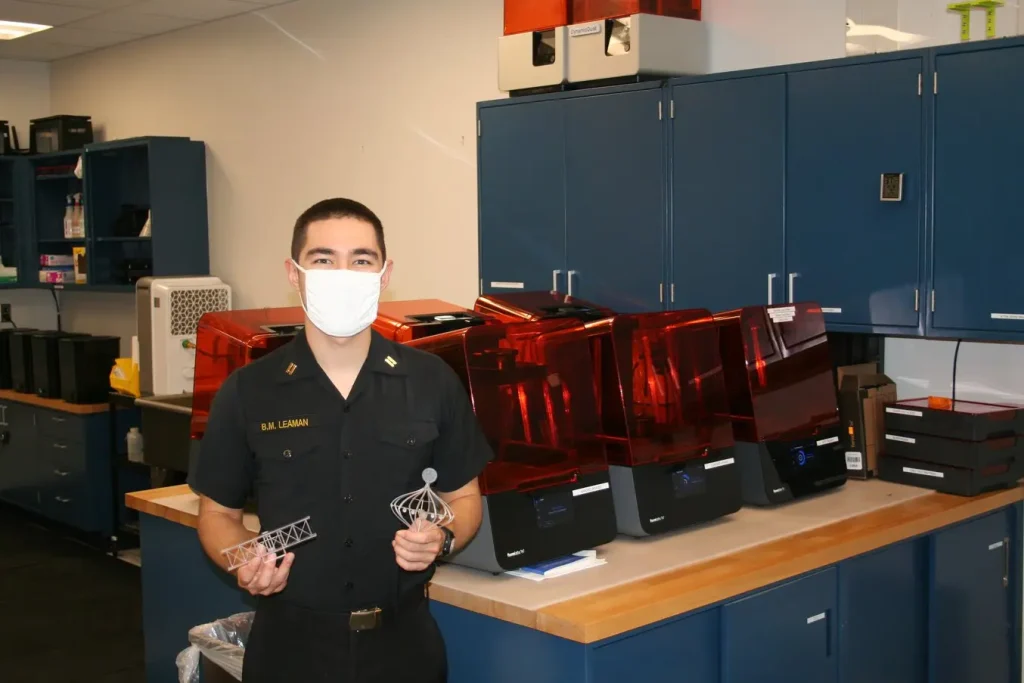TESTIMONY OF TOM HOPCROFT
PRESIDENT AND CEO, MASSACHUSETTS TECHNOLOGY LEADERSHIP COUNCIL
SUBMITTED TO THE JOINT COMMITTEE ON REVENUE
October 6, 2011
Thank you for allowing me to submit testimony on House bills 751 and 3301.
My name is Tom Hopcroft and I am the President and CEO of the Massachusetts Technology Leadership Council. MassTLC is the state’s largest technology trade association, with more than 400 members, including global giants such as Google, Microsoft, AT&T, and Verizon; fast-growing Massachusetts-based companies such as Constant Contact, Acme Packet and Mathworks; and more than 300 small, dynamic companies in mobile, social media and other emerging technologies – including digital games.
I want to begin by thanking Representatives Binienda and Pedone for their leadership on this issue and their commitment to promoting the Commonwealth’s innovation industries. As everyone here knows, while we continue to endure difficult economic times, our state is creating jobs at a far brisker pace than most, fueled first and foremost by the technology sector’s robust health.
The bills you are considering today could be critical to helping continue that growth. As vibrant as our technology sector is today, we face incredible competition. Not all that long ago, there were two main tech centers in the world – Silicon Valley and Route 128; today we face challenges from not only other American cities and states but from around the world, from Shanghai to Bangalore to Tel Aviv. While we continue to have incredible advantages here in Massachusetts – great new companies springing up every day; the second largest concentration of venture capital in the world; the highest concentration of world class universities in the world; a highly skilled workforce – we face new challengers every day.
This is one of the reasons MassTLC decided to put a special focus on the digital games industry several years ago. In fact, a study we conducted in 2009 was one of the first to capture this dynamic new sector, revealing at the time that it was worth $2 billion and employed some 1200 people. It’s also why we host the opening party for the PAXEast conference, one Boston’s largest annual trade shows, attracting more than 60,000 industry leaders, designer, programmer and games aficionados.
This sector is poised for incredible growth and Massachusetts must capitalize on this opportunity. In fact, today’s diverse tech economy requires us to seed a broad range of tech sub-sectors. Again, if we look back in time, our state’s tech industry was once dominated by a single major sector: the minicomputer industry and its offshoots – software that ran the minicomputers; network gear that enabled them to talk to each other, and so on. Today’s technology world is a collection of dynamic subsectors – mobile applications, digital advertising and marketing, robotics, social media, cloud-based software, network security, data analytics, just to name a few.
As a state, we need to be seeding each of these smaller sectors, not only to ensure that we reap the harvest from each but also to make sure we create an entire innovation ecosystem that is second-to-none. Innovators feed on one another and many of the core competencies and resources – from programming skills to venture funding knowledge – are shared among these varied subsectors. Now and in the future, our tech sector is unlikely to be dominated by any one single industry but will instead feature a broad array of robust sub-sectors, such as digital games.
The bills filed by Representative Binienda and Pedone are critical to those efforts. The competition for digital games companies is especially acute. Most know about the intense efforts by Quebec and others to lure companies to their regions. We know Hollywood and Silicon Valley will always have built-in advantages in this realm – Los Angeles’ proximity to the entertainment industry; the Valley’s critical mass of tech companies and investors. We, too, have built-in advantages: the tech infrastructure about which I’ve spoken and some tremendous success stories already here – companies like Turbine, Harmonix, Rockstar New England, and all the other innovative start-ups sprinkled across the region.
However, we can’t take our current success for granted: targeted tax credits tied to increasing employment are an important first step. In fact, we at the council would argue that the Commonwealth should give serious consideration to broadening the tax credit to other key technologies. We would also argue that the state should guard against complacency and take every key advantage we currently enjoy – from our skilled workforce to our investment capital – and redouble our efforts to enhance those advantages.
Right now, for instance, in the midst of a recession that has left far too many unemployed, most of our technology companies have open positions. This is a disconnect we must not abide – open jobs and unemployed people. The state must do an even better job of producing, retaining, and retraining the kinds of workers we need to make our state the world’s number one tech capital.
I would close with a final thought: none of us knows which company will turn into the next Google or Facebook. It is impossible for any technologist, analyst, investor, or state official to predict just who will succeed and who will not. But we do know this: continually planting the seeds for those next great companies is essential, not just because we want a chance to create the next big thing but because we know how vital start-ups and small companies are to job creation. No issue is more important to us now or in the future than putting people to work, and giving our citizens the opportunity to have exciting, innovative, and prosperous employment. Thank you for the opportunity to testify.


